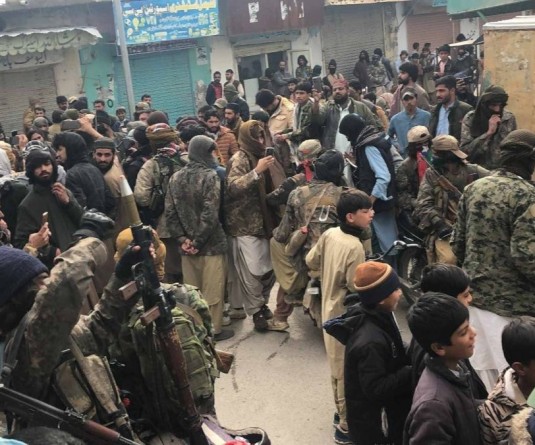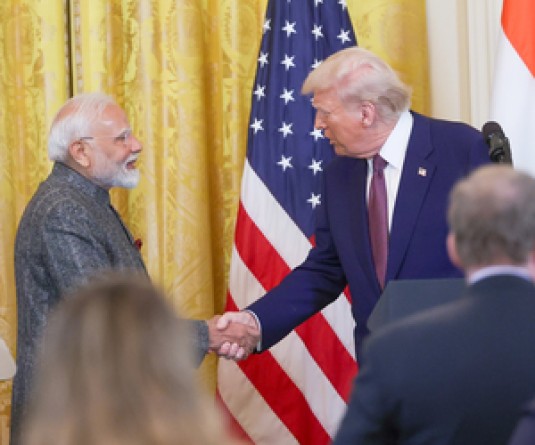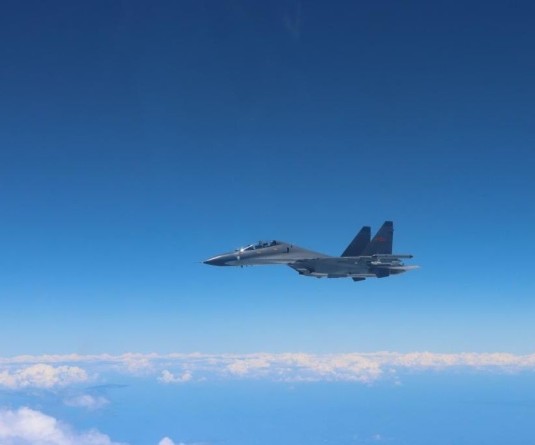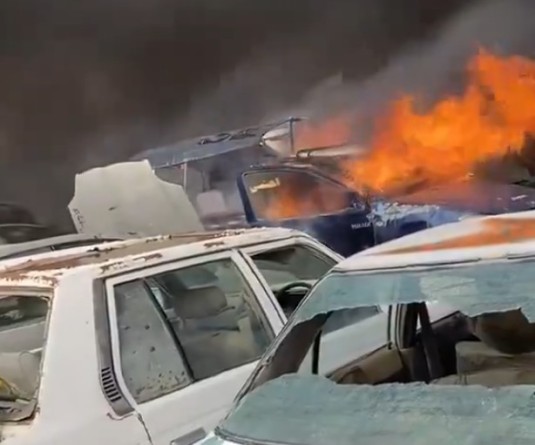IANS Photo
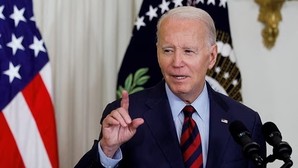
Washington, January 31 (IANS) Lawmakers in the Congress across the aisle and citizens alike are now wondering how and in which form US President Joe Biden will "strike back" to contain Iran-backed militants who managed to penetrate Pentagon's defence systems in Jordan and killed three US troops.
A direct attack on Iran is unlikely, experts say. "It's pretty safe to say that deterrence, to date, has not worked well," said retired Army Maj. Gen. Mark Quantock, who served as chief of intelligence for US Central Command.
Quantock said: "The tricky part is to do something without escalating the conflict. But every action - to include no action - has a consequence."
Most military leaders rule out any direct strike on Iran but a subterfuge attack is most likely as both President Biden and Defence Secretary Lloyd Austin have vowed to "respond at a time and place of their own choice" .
Since the drone attack in Jordan killed three American soldiers, the Pentagon's response will likely involve air strikes, sea-launched missiles and raids targeting leadership of the Iran-backed militants who have mounted more than 200 assaults on US troops and commercial shipping across the Middle East, current and key former officials of the US administration said.
The US military response is likely to repel the militants' ability to attack, punish their leadership and beef up defences in the region to help protect the thousands of American forces there, the officials said. Operations could extend from Yemen to Iraq where the White House and Pentagon suspects Iran supports local militias.
American defence leaders such as Sgt. William Rivers of Willingboro, New Jersey; Spc. Kennedy Sanders of Waycross, Georgia,; and Spc. Breonna Moffett of Savannah, Georgia doesn't rule out a host of options since the weekend attack killed three women American soldiers.
American diplomacy will probably see an entire gamut of activity involving large-scale military operation “and everything in between,” said retired Army Maj. Gen. Mark Quantock, who served as chief of intelligence for the US Central Command.
"I don't expect a US large-response, meaning a large-scale ground war," Quantock said. "But I do expect Iran and its surrogates will feel the hot sting of American power." The response will have diplomatic and economic teeth, too, he said.
Iran has been America's chief antagonist in the Middle East for decades. Its hardline Islamic leadership seized American hostages in Tehran in 1979 and equipped militants in Iraq in the mid-2000s with sophisticated roadside bombs that killed and maimed hundreds of US troops.
Then-President Donald Trump in January 2020 ordered a drone strike that killed Gen. Qasem Soleimani, leader of Iran's Quds Force, part of the paramilitary Iranian Revolutionary Guard Corps. Iran retaliated with a ballistic missile attack on al-Asad air base in western Iraq where more than 100 US troops suffered traumatic brain injuries.
Those tensions spiked on Sunday, when the Biden administration said it believes the IRGC supplied arms and training to the militias that claimed credit for the attack on Tower 22 that killed the three soldiers and wounded more than 40 others.
Since October, militant groups from Yemen to Syria have mounted more than 200 attacks on commercial ships in the Red Sea and on bases housing US troops in Iraq, Syria and Jordan. The militants maintain their missile, rocket and drone strikes are in response to Israel’s invasion of Gaza after Hamas attacked October 7.
US Central Command has led a series of airstrikes and missile launches from the sea in recent months to deter the militant groups. Warplanes, ships and submarines have pelted missile-launch sites, radar installations and arsenals in Yemen used by Houthi militants to attack commercial ships in the Red Sea. In Iraq and Syria, airstrikes have targeted Iranian-backed militant groups blamed for attacking bases with US troops there.
Until Sunday, defences at the bases have held: missiles have been shot down, rockets have had minimal impact and one-way attack drones have been intercepted. Casualties have largely been relatively few and minor.
But the one-way attack drone packed with explosives was mistaken over the weekend by base personnel for a friendly aircraft, allowing it over the wire and into barracks where troops slept, US officials told USA TODAY.
The airstrikes and sanctions have failed to deter the militants, according to a US military official who was not authorised to speak publicly. Not responding to attacks is no longer a viable strategy, he said.
How will Biden respond after soldiers are killed in a strike? The White House will likely provide the Pentagon with guidance on "the desired outcome", Quantock said. That could include deterring additional attacks, seeking retribution for the weekend strike and de-escalating tensions in the area.
US Central Command will likely develop the specific plan of attack, Quantock said.
US capabilities include: warships in the Mediterranean, Red Sea and Persian Gulf; warplanes on aircraft carriers and bases in the Middle East; and special operations forces in the region.
The Joint Staff at the Pentagon will vet the plan and present options to Defense Secretary Lloyd Austin who will advise President Biden. A top priority for war planners will be shoring up US air defenses before launching attacks, said Scott Murray, a retired Air Force colonel with experience targeting militant groups in the Middle East. An assault on targets inside Iran could spur attacks on U.S. and Western interests, so improving America's nearby defences could be one of the first steps officials take in the area.
Facilities in the Middle East used by the Iranian Republican Guard Corps, which supports regional militants, should be hit, Murray said
"Having said that, I don't believe this administration will opt for a direct strike against Iran,” he said. “They’ll likely execute a serious and impactful cyber response against Iran and also do some sort of kinetic strikes again against Iranian-backed militias in the region. We may never know about the former. The latter would obviously make news."


